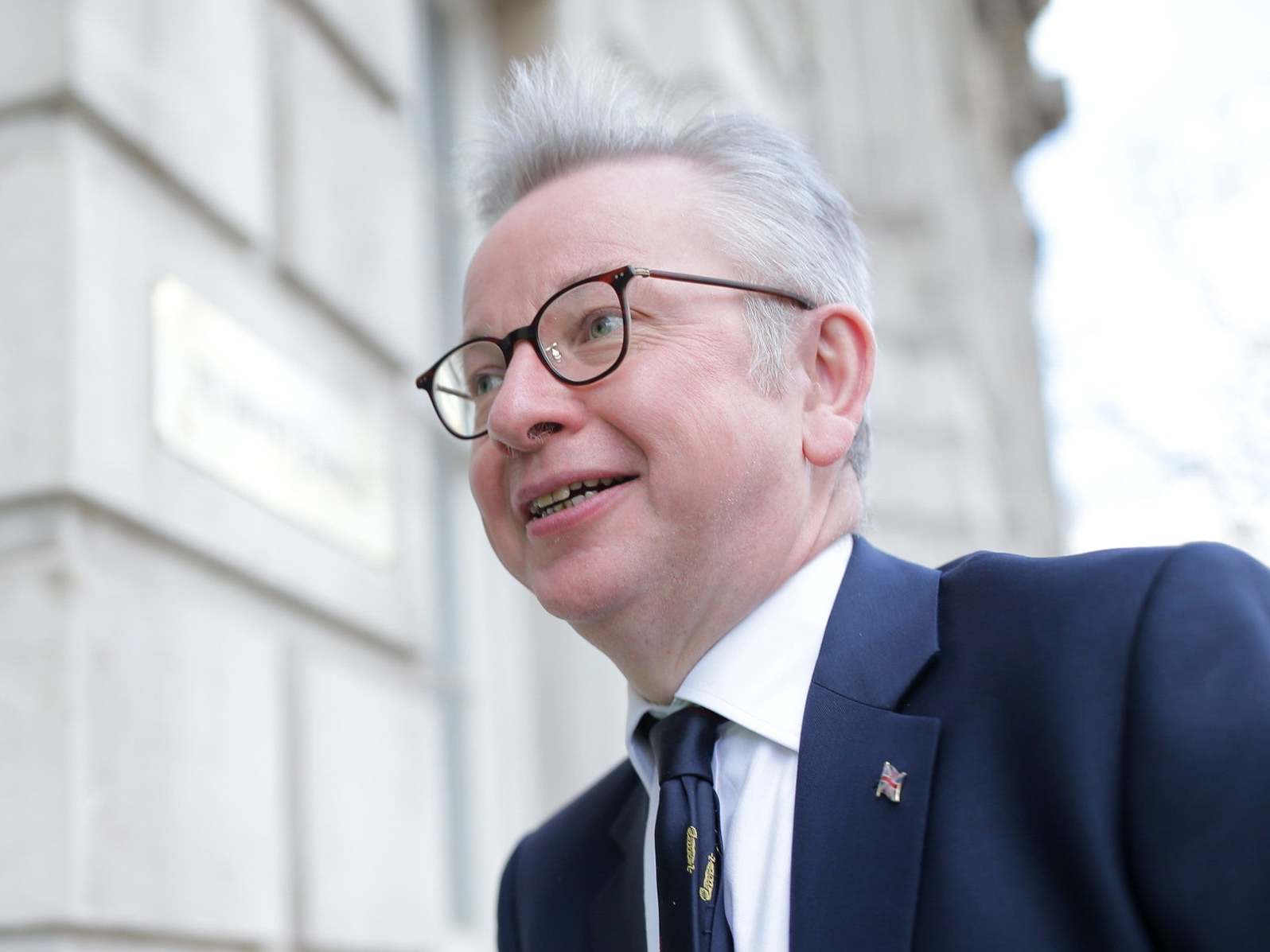Will the coronavirus crisis derail Brexit talks?
With a 31 December deadline coming ever closer, Michael Gove has suggested negotiations may have to be postponed, writes Andrew Grice


There are signs that the coronavirus outbreak might disrupt the UK’s parting of the ways with the EU. Boris Johnson’s 31 December deadline for reaching a free trade agreement was already ambitious, and seen by many in Brussels as unrealistic.
And now cabinet minister Michael Gove has suggested that the second round of negotiations, due to take place in London next week, might be postponed because of the virus. He told the Commons Brexit select committee: “It is a live question ... We have had indications today from Belgium that there may be specific public health concerns.”
However, the European Commission insisted the talks are still scheduled to go ahead. One option is for the 200 negotiators to use video-conferencing rather than travel to and from London and Brussels for another five sessions. Another possible obstacle is that both the UK and EU machines might become swamped by handling the outbreak.
Any disruption to the talks would likely lead to EU pressure to extend the transitional period, under which the UK remains in the single market and customs union until December. An extension of up to two years is allowed under last year’s withdrawal agreement.
However, Mr Johnson has repeatedly promised to cut the UK’s ties with the EU at the end of this year. An extension would also mean continuing UK payments to the EU budget. So the prime minister might be tempted to play for time, and hope the negotiations can resume after any delay caused by coronavirus. Even before the outbreak, there was a chance that only a “bare bones” trade deal would be struck by December, with an agreement to continue talking on issues such as security, data and justice. Such a fudge would suit Mr Johnson more than a formal extension to the transition and might work if the trade negotiations overrun. However, Brussels officials dismiss talk of such a fudge, and will demand an extension.
A prolonged coronavirus crisis could even influence the UK’s stance in the talks. Mr Johnson admits his hard Brexit would mean some trade friction at the borders. But despite the help for business announced in the Budget, some small- and medium-sized firms might struggle to cope with Brexit preparations and coronavirus at the same time.
Conversely, hardline Brexiteers might seize on any delay in the talks to press for a “no trade deal” exit on World Trade Organisation terms. While Mr Johnson professes to be relaxed about such an outcome, his negotiations on the withdrawal agreement suggest he will try to strike a last-minute trade deal when all looks lost.
Join our commenting forum
Join thought-provoking conversations, follow other Independent readers and see their replies
Comments